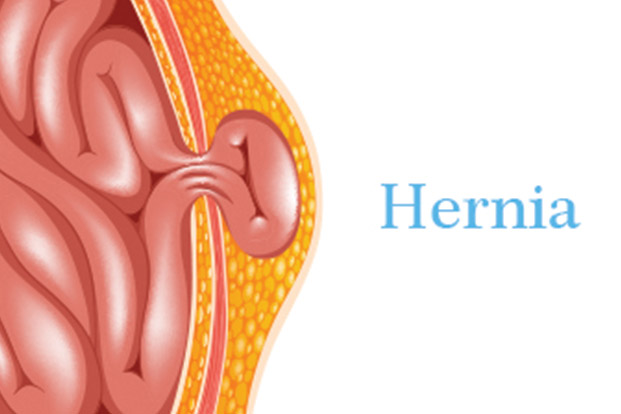Categories
- Bariatric Surgery (11)
- Black Fungus (5)
- Bone Marrow transplant (3)
- Brain Tumor Surgery Navigation Technology (20)
- Cardiac Surgery (66)
- Cardiology (97)
- Computer navigation technology for joint replacements (20)
- Covid Vaccination (17)
- Critical Care (2)
- Dental (19)
- Dermatology (31)
- Dialysis Support Group - “UTSAAH” (11)
- Dietitian (33)
- Emergency Medicine (4)
- Emotional Health (11)
- Endocrinology (33)
- ENT (20)
- Gastroenterology and GI Surgery (53)
- General and Laparoscopic Surgery (21)
- General Surgery (4)
- Gynecology & Obstetrics (183)
- Hematology (20)
- Internal Medicine (294)
- Kidney Transplant (50)
- Kidney Transplantation (20)
- Lung Cancer (8)
- Minimal Invasive Surgery (1)
- Mother & Child (20)
- mucormycosis (5)
- Nephrology (61)
- Neurology (147)
- Neurosurgery (68)
- Nutrition and Dietetics (107)
- Omicron Variant (1)
- Oncology (288)
- Ophthalmology (10)
- Orthopaedics & Joint Replacement (86)
- Paediatrics (59)
- Pediatric Nephrology (3)
- Physiotherapy (5)
- Plastic & Reconstructive Surgery (6)
- Psychiatry and Psychology (90)
- Psychologist (28)
- Pulmonology (72)
- Rheumatology (13)
- Spine Services (21)
- Transradial Angioplasty (16)
- Urology (84)
Query Form
Posted on Apr 19, 2022
Types of Weight Loss Lap surgeries
Weight Loss Surgery or Bariatric Surgery is being opted by many patients. The surgical procedure is an advanced technique to reduce weight. However the same is recommended only to those patients that are chronically obese or have too many co-morbidities due to obesity, such as diabetes, hypertension. Depending on how much a patient is overweight and the extent of their obesity, the surgeons recommend the type of weight loss surgery.

Type of Weight Loss Surgery:
There are four types of weight loss lap surgeries:-
- Roux-en-Y gastric bypass.
- Mini Gastric Bypass(MGB).
- Sleeve gastrectomy.
- Duodenal switch with biliopancreatic diversion.
- In Roux-en-Y gastric bypass– Surgeon (doctors) create a small pouch above the stomach. The pouch is the only part of the stomach that receives food material. A segment of the small intestine is then bypassed.
- Sleeve gastrectomy– In a sleeve gastrectomy a part of the stomach is separated and replaced from the body. The remaining part of the stomach is formed into a tube like structure, which restricts the amount of food intake & safety leading to weight loss.
- Duodenal switch with biliopancreatic diversion- As with sleeve gastrectomy, this procedure begins with the surgeon removing a large part of the stomach. The valve that releases food to the small intestine is left along with the first part of the small intestine called the duodenum.
Weight loss (bariatric) surgery helps you lose weight and drastically lowers your risk of medical problems associated with obesity. Bariatric surgery contributes to weight loss in three main ways:
- Resolution of diabetics.
- Restriction- Surgery is used to physically limit the quantity of food the stomach can hold, which limits the number of calories you can eat.
- Malabsorption- Surgery is used to shorten or bypass part of the small intestine.Which reduces the amount of calories and nutrients the body absorbs.



